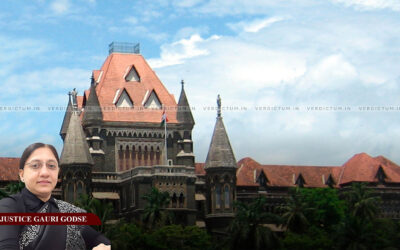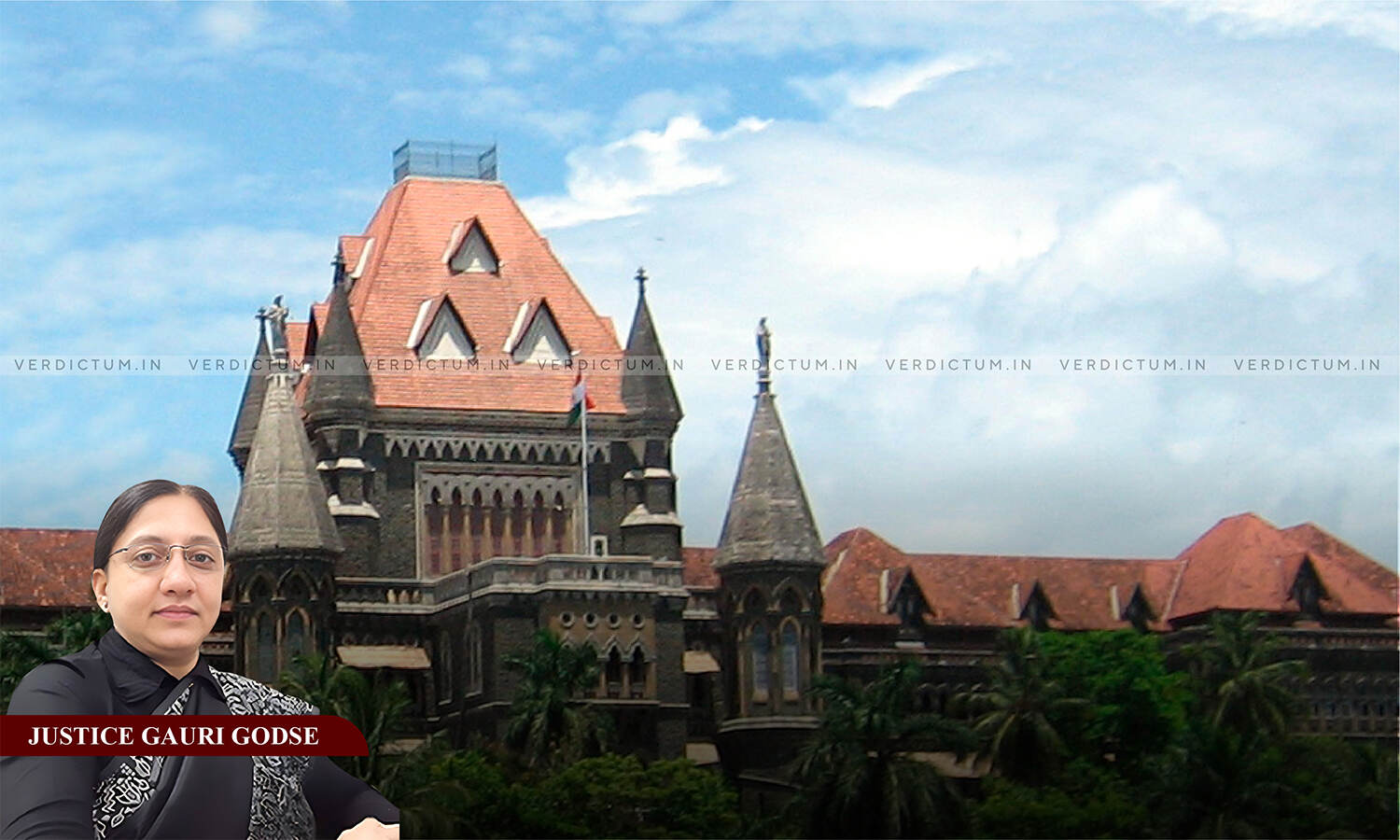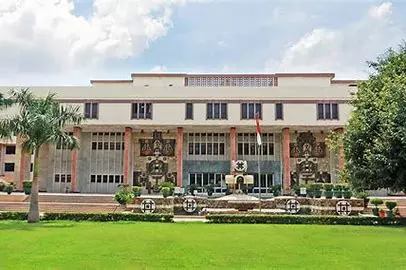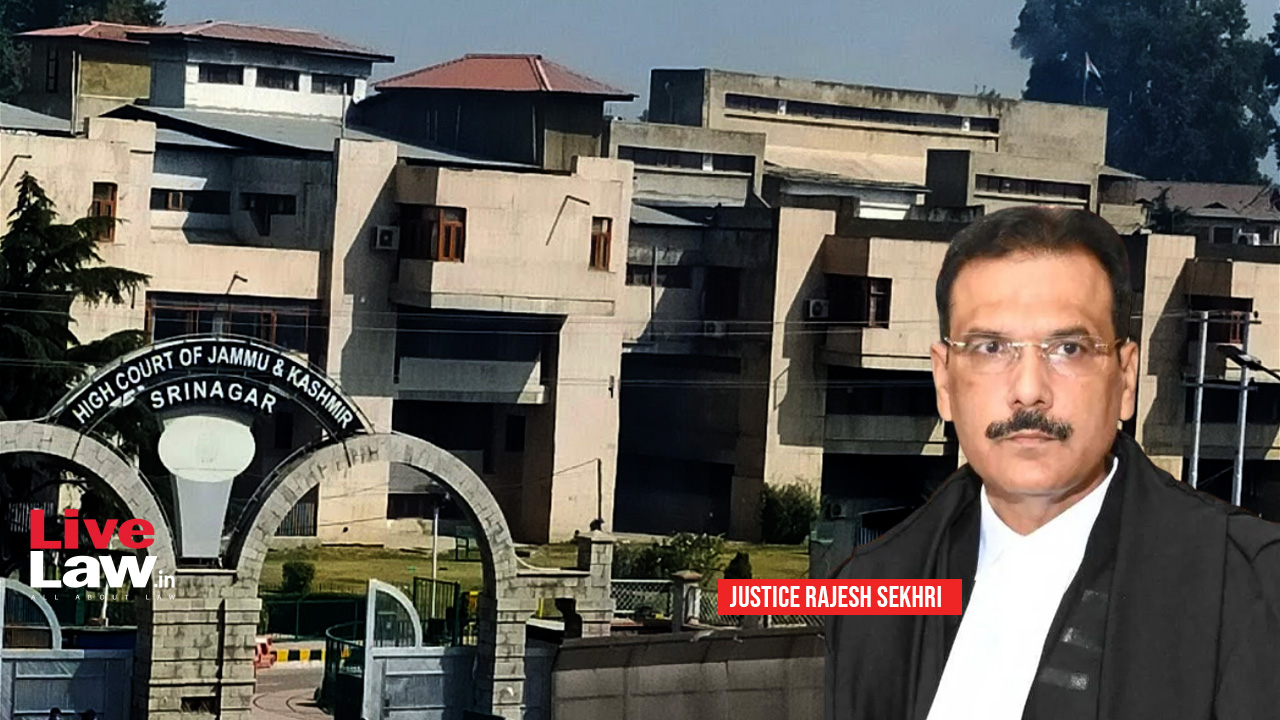“Ancient Thinkers Believed In Reforming Criminals To Achieve Peace”

Thank you for reading this post, don’t forget to subscribe!
The Delhi High Court has directed the government to reconsider the early release of a life convict, citing principles from Kautilya’s Arthashastra and Emperor Ashoka’s edicts promoting reformation and justice.
The Delhi High Court referenced Kautilya’s Arthashastra and Ashoka’s edicts while instructing the government to re-evaluate the premature release of a life convict who had previously jumped parole.
In a 22-page judgment, a bench led by Justice Girish Kathpalia emphasized that reformative justice should guide such decisions.
The bench stated,
“There existed a conscious and consistent thought amongst ancient thinkers, aimed at reformation of criminals in order to achieve the larger goal of peace in society by minimisation of crime and criminogenic tendencies. Later, thinkers across the globe nurtured the idea that reformatory policies are more productive than a deterrent and retributory approach to crime and criminal.”
This ruling arose from a case involving a man convicted under IPC Section 302 for murder, who had sought premature release under the Delhi Government’s 2004 remission policy. The petitioner claimed he had already served over 18 years without remission and more than 21 years with it. He noted that his requests for premature release had been denied five times by the Sentence Review Board (SRB).
Also Read: Supreme Court to Decide: Can Murder Convict Serve Consecutive Life Sentences?
The rejections were primarily based on the severity of the offense and the fact that he had jumped parole in 2010.
Additionally, authorities cited his re-arrest in 2015 on two separate charges, from which he was eventually acquitted. The Board expressed concerns regarding his non-reformative attitude based on his past behavior, and the police consistently raised objections.
Before the High Court, the petitioner, represented by Senior Advocate Arundhati Katju, argued that the SRB’s decisions were merely repetitive and did not take into account recent developments. While acknowledging the parole violation, Katju maintained that it occurred 15 years ago and should not impede his eligibility for remission. She presented commendation certificates from prison and other authorities, underscoring his good behavior and asserting that the SRB had not adequately reassessed his case.
On the other side, the State, represented by Additional Standing Counsel Sanjeev Bhandari, stressed the gravity of the crime and argued that commendation certificates alone were insufficient.
The High Court noted that the SRB’s repeated denials indicated a lack of genuine consideration and were “virtually copy-paste” from prior meetings.
It remarked,
“The SRB deals with human beings, that too those who have been deprived of liberty across a long span of time on account of their aggression which led to criminality. The approach of the SRB ought to be reformation-oriented and not a routine disposal/statistics-dominated exercise. The composition of SRB needs to be re-examined by the authorities concerned so as to make the exercise of sentence review meaningful and commensurate to the laudable philosophy of reformation of criminal…”
Addressing the parole violation, the court pointed out that it occurred in 2015 and emphasized that there had been no allegations of misconduct while in jail.
The court highlighted six commendation certificates issued by the prison and other authorities, stating that these certificates represented genuine reform and should have been carefully considered.
The court added,
“Commendation certificates are not just formalities; they are guiding tools for the SRB to assess real reform,”
Ultimately, the court granted the petition and directed the respondents to reconsider the petitioner’s case for premature release.
Case title: Vikram Yadav v. State Govt of NCT of Delhi






